Description
“Despite its country fragrance, and the fact that the waiters working there walk around in their galabiyas, barefoot, it is distinguished by the absolute cleanliness of its floor, walls, and utensils, and is known for the quality of its drinks. It is a gathering place for dignified fathers and teachers, and during election seasons, pasha candidates flock there to court the favor of its owner, who dominates voters in the alleys and streets.”
In a well-crafted Mahfouzian language, with a keen eye for vivid detail and precise description, Naguib Mahfouz, in his collection of thirty short stories, expounds on numerous ideas about despair, psychological distress, death, life, fate, and time, with a great deal of symbolism and, at times, absurdity. Each story carries an idea and a question. The story “False Dawn” talks about schizophrenia and the obsessions that control the patient until they turn his mind into restless conflicts; making him realize that daydreaming is useless. Since cafes are among the most important places manifested in Naguib Mahfouz’s literature, he devoted an entire story to them in this collection, namely the story “The Pasha’s Beard,” in which he talks about a cafe bearing the same name, and discusses the details of the cafe and the social and political role it is distinguished by, among other rich worlds of Naguib Mahfouz.

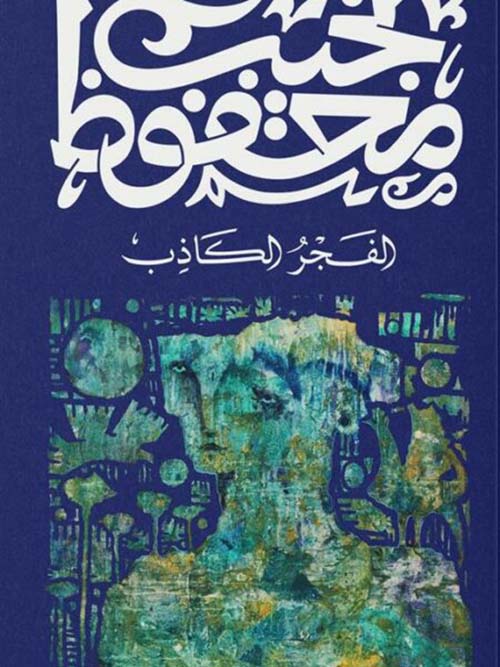

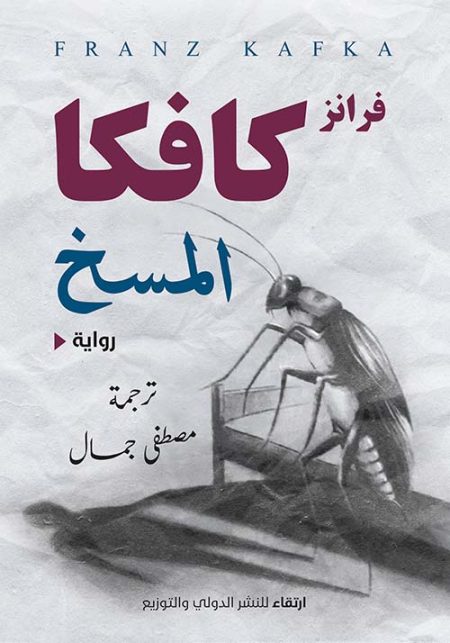

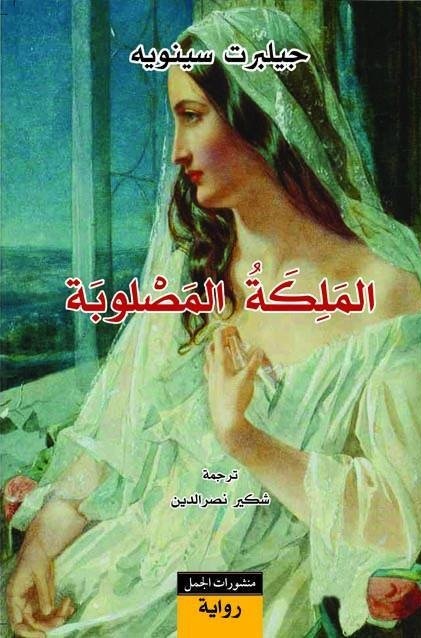
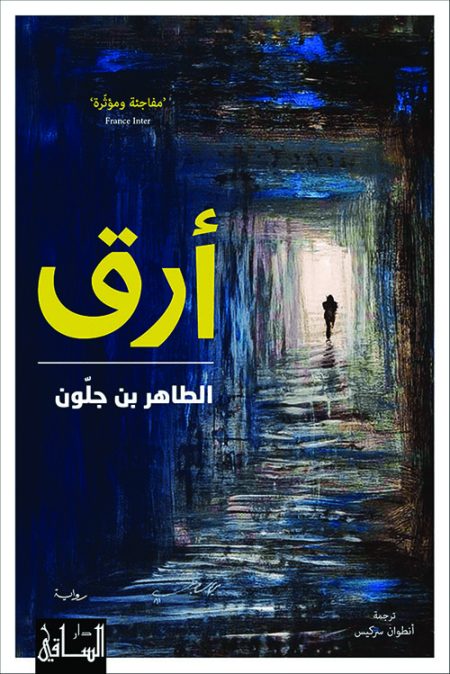
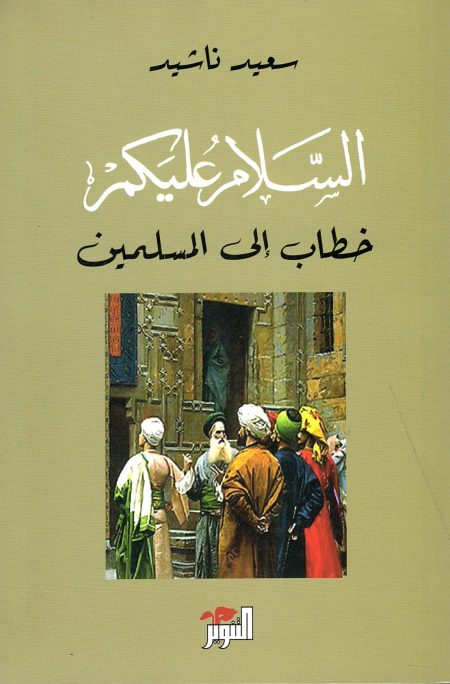



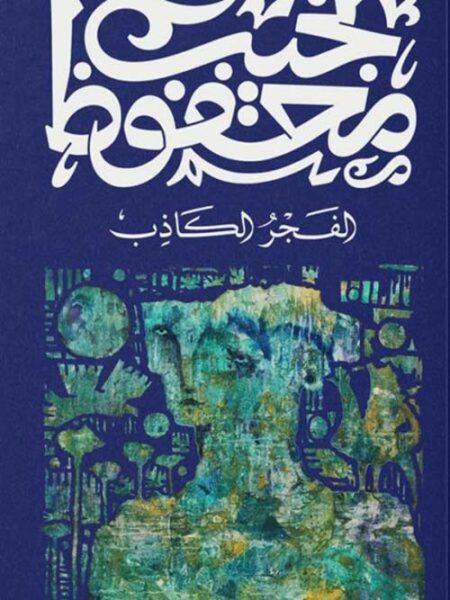
Reviews
There are no reviews yet.